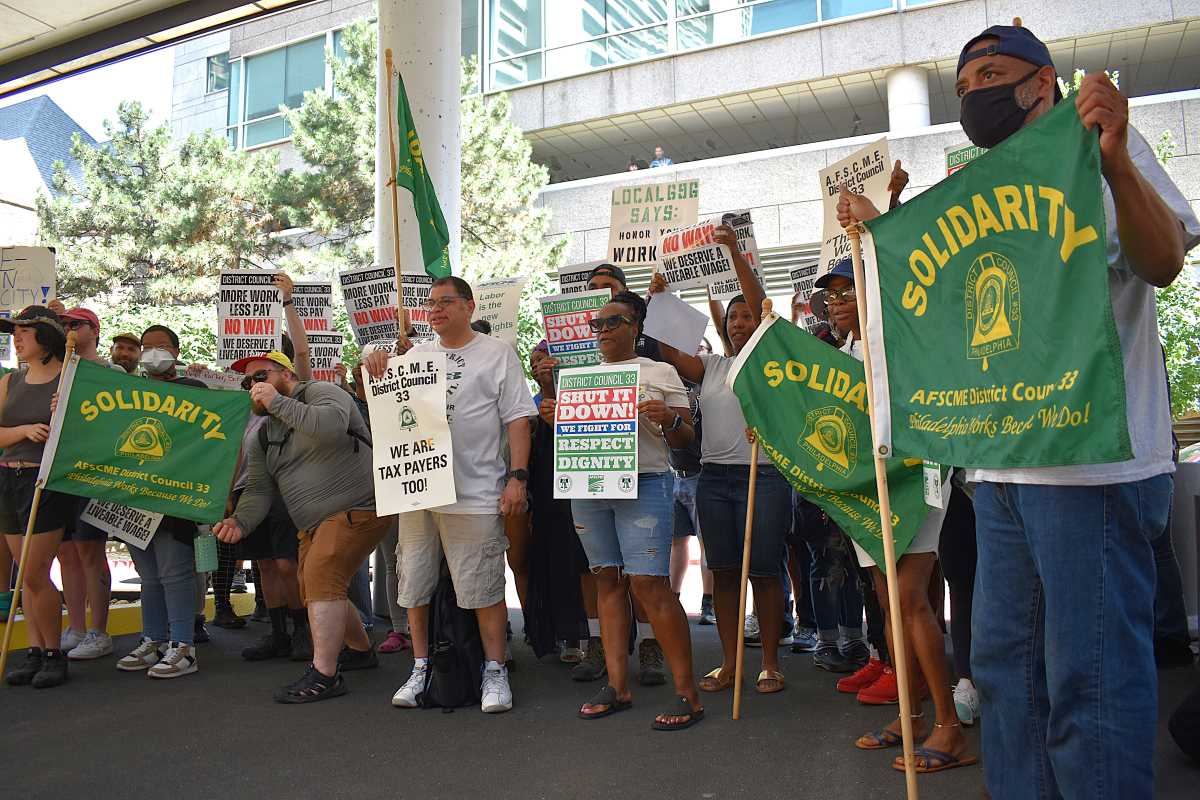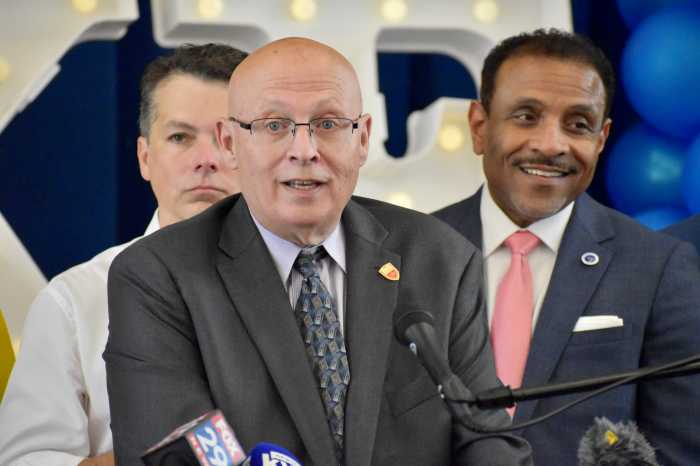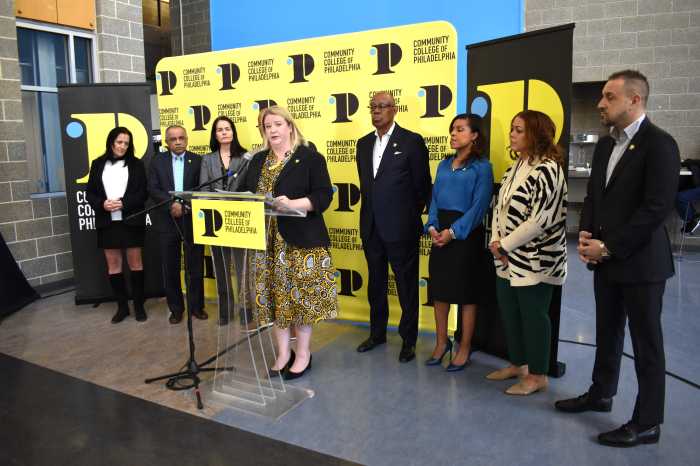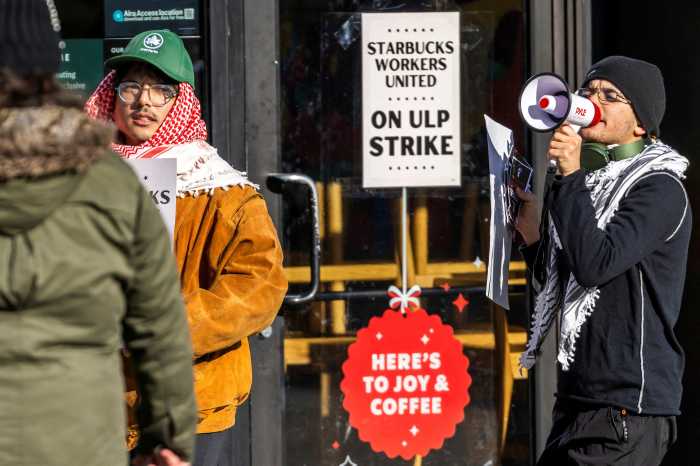Negotiators for Mayor Cherelle Parker’s administration and AFSCME District Council 33 met Wednesday to work on a contract agreement and avoid a strike that could halt trash pickup, shutter libraries and slow 911 dispatch.
More than 8,000 municipal employees could walk off the job if a deal is not reached by Monday. Talks were ongoing as Metro went to print Wednesday, but no tentative agreement had been announced.
Should DC 33 strike, it would be the union’s first work stoppage since 1986, when workers voted to return without a contract after nearly three weeks as tens of thousands of pounds of garbage reportedly accumulated on Philadelphia streets.
In addition to suspending sanitation collection – as residents celebrate July 4 – a work stoppage would also shut down city-run health centers; pause airport maintenance; and impact Philadelphia Water Department repairs, according to the union.
Among the main issues, as with nearly every labor dispute, is pay. Parker’s team has offered 2% yearly raises, union officials said earlier this month. DC 33 President Greg Boulware has characterized that proposal as “insulting and unacceptable.”
DC 33 has been pushing for 8% annual bumps. Members recently received a 5% raise as part of a one-year contract signed with the Parker administration in late 2024.
Bargaining teams are also discussing details about pensions, the union’s health and welfare plan, employee sick time, and a requirement that members live within city limits.
Boulware, approached Wednesday morning as he entered the negotiating session, told Metro did not have time to speak, and city officials were reluctant to comment on-the-record Wednesday as the talks continued.
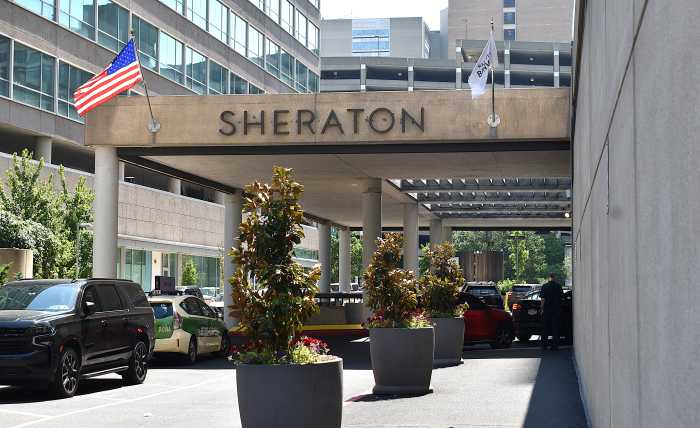
Avoiding a strike that could severely hamper city services ahead of a major holiday could be significant test for Parker, a second-year mayor who has often touted her union bona fides. The union posted a video to social media this week of her speaking at a 2021 DC 33 rally with the title: “We didn’t forget…”
“I stand in solidarity with you today,” Parker, then a member of City Council, says in the clip. “And I’m proud that I’m no Johnny-come-lately friend to District Council 33.”
Dozens of DC 33 members rallied Wednesday morning outside the Sheraton Philadelphia Downtown, a hotel at 17th and Race streets where the sides were meeting. At one point, they chanted “Parker pay me.”
Employees, from the Free Library of Philadelphia to the Streets Department to the Medical Examiner’s Office, shared information about the logistics of the impending strike.
DC 33 has invited members to come to their union hall Thursday to make picket signs. A strike authorization vote held earlier in June was approved with 95% of the vote, union leaders said last week.
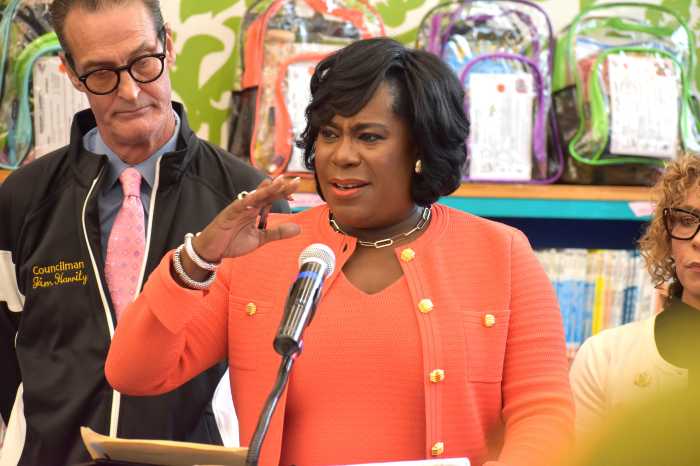
Members of DC 33, which mostly represents blue-collar workers, generally believe they have been historically disrespected and unequally treated, compared to the three other major municipal unions.
“Year after year, they take us as a joke,” a water department employee told Metro. “I personally want to go on strike to show the city we ain’t playing.” He declined to provide his name. DC 33 leaders instructed members not to speak to the press.
Contracts for the three municipal unions – AFSCME District Council 47, Fraternal Order of Police Lodge 5 and the Philadelphia Firefighters’ and Paramedics’ Union – also expire July 1. The latter two are forbidden from striking; agreements are reached through a binding arbitration process.
Parker, in the city’s recently adopted five-year financial plan, set aside $550 million in a labor reserve fund to account for spending increases that are expected to come from the new contracts.



